Reading The Bible Among Other Things
So you’ve just gone to the bookstore and got a stack of books you really want to dive into. However, you are also a dedicated Christian who wants to nourish yourself on God’s holy, inspired, inerrant word. But, there are only so many hours in the day and the free time you do have is, for the most part, spent reading. When you want to study The Bible, but you also have other books you want to read, it can be difficult to manage your reading time. You don’t want to neglect the word of God, but you also don’t want to let your other books sit on the shelf collecting dust until you can somehow get around them. What to do? Here are some tips.
Option 1: Read One Book Of The Bible In Between Your Other Books
The Bible is not simply one whole book. It’s an entire collection of 66 books and letters put together and written over time periods spanning thousands of years. Therefore, you could have your reading plan planned like this: read one book of The Bible (e.g., Numbers). When you’re finished, pick up that novel or non-fiction theology book you’ve been chomping at the bits to get to. When you’ve finished with your novel or whatever it is you want to read, go back to The Bible and read The Bible’s next book (e.g., Deuteronomy). Once you’ve finished with that book, go to another non-divinely-inspired book.
This way, you can get through The Bible and those books you stuffed your bookshelf with at an even pace.
Option 2: Put The Bible On Hold For A Little While Until You Complete Your Stack.
Depending on how fast you can get through a book, how many books you need to get through, you may want to try this option. If all you’ve got is 2 or 3 400 page books, and like me, you can burn through books of that length over 2 days (reading 4 hours at a time), then in taking this option, you won’t be putting scripture on hold for an immense amount of time.
Option 3: The Bible During The Week, Other Books On The Weekend
Another option you can choose is to read The Bible every weekday and reserve your weekends for reading novels, apologetics books, theology books, science books, etc. I suspect this may be the most appealing for many of this blog’s readers. For Monday through Friday, read The Bible at your usual pace. Once Saturday comes along, you can put The Bible away to read a non-inspired work like A Hellacious Doctrine: A Biblical Defense Of The Doctrine Of Hell by Evan Minton ((shameless plug)). Once Monday comes along, put the book God didn’t write back on the shelf and continue with The Bible.
Option 4: Read The Bible And A Non-Bible Every Day.
Let’s say you have 4 hours of free time every evening. You can read The Bible for those first two, and a non-biblical book for the second two. Or if you only have 2 hours, read The Bible for one hour and the non-Bible for the second hour. This way, you kill two birds with one stone.
One con with this option is that it’s difficult to digest and meditate on the content of both books at once. This is why I’m a “One book at a time” kind of guy. If you’ve just read The Bible, you’re going to want to take a while to reflect on what you’ve read. As I always say “Reading The Bible without meditating on it is like eating food without digesting it.” Martin Lloyd Jones used the illustration of a man walking by a fire but not stopping to warm himself by it. Of course, you also want to reflect on what you read in non-biblical books too.
As for myself, I prefer this option the least. But if it appeals to you, go for it!
Option 5: Wait Until You’ve Finished Reading The Bible
You could just say to yourself: “These books I got at Barnes and Noble I will definitely get around to, but not until I’ve finished reading The Bible.” In other words, you could just simply go through the entire Bible and once you’ve read the last chapter of the New Testament, go through your non-inspired books. Once you’ve finished with all the non-inspired books you’ve read, go back to The Bible.
This is the option I take most of the time. For me personally, I choose to open The Bible and read it from Genesis to Revelation. It takes me several months to do this, but then when I’m done, I close the Bible and go on to other books. This means I read The Bible once a year like most people, but I get it done in about 4 months time (usually from the beginning of January to the end of April). However, I’m not liking this option at the moment, for the reason you’ll see below.
Conclusion
I wrote this blog post as a result of a strong inner conflict. Having just come back from the 2018 ETS conference, I have a big stack of books I’m really eager to dive into. However, while these are theology books, books about The Bible are no substitute for The Bible, any more than cookbooks are a substitute for eating. I’m not sure which of these options will be best suited for me, but number 5 isn’t going to work for the time being. I haven’t gone through The Bible from cover to cover in a while, and I am starving for God’s Word. I am thinking of choosing options 1 or 3.
I think Charles Spurgeon was correct when he said; “Visit many good books but live in The Bible.” Hopefully, this short blog post gave you feasible strategies to carry that out.
Evan Minton is a Christian Apologist and blogger at Cerebral Faith (www.cerebralfaith.blogspot.com). He is the author of “Inference To The One True God” and “A Hellacious Doctrine.” He has engaged in several debates which can be viewed on Cerebral Faith’s “My Debates” section. Mr. Minton lives in South Carolina, USA.
Original Blog Source: http://bit.ly/2qYHc8h




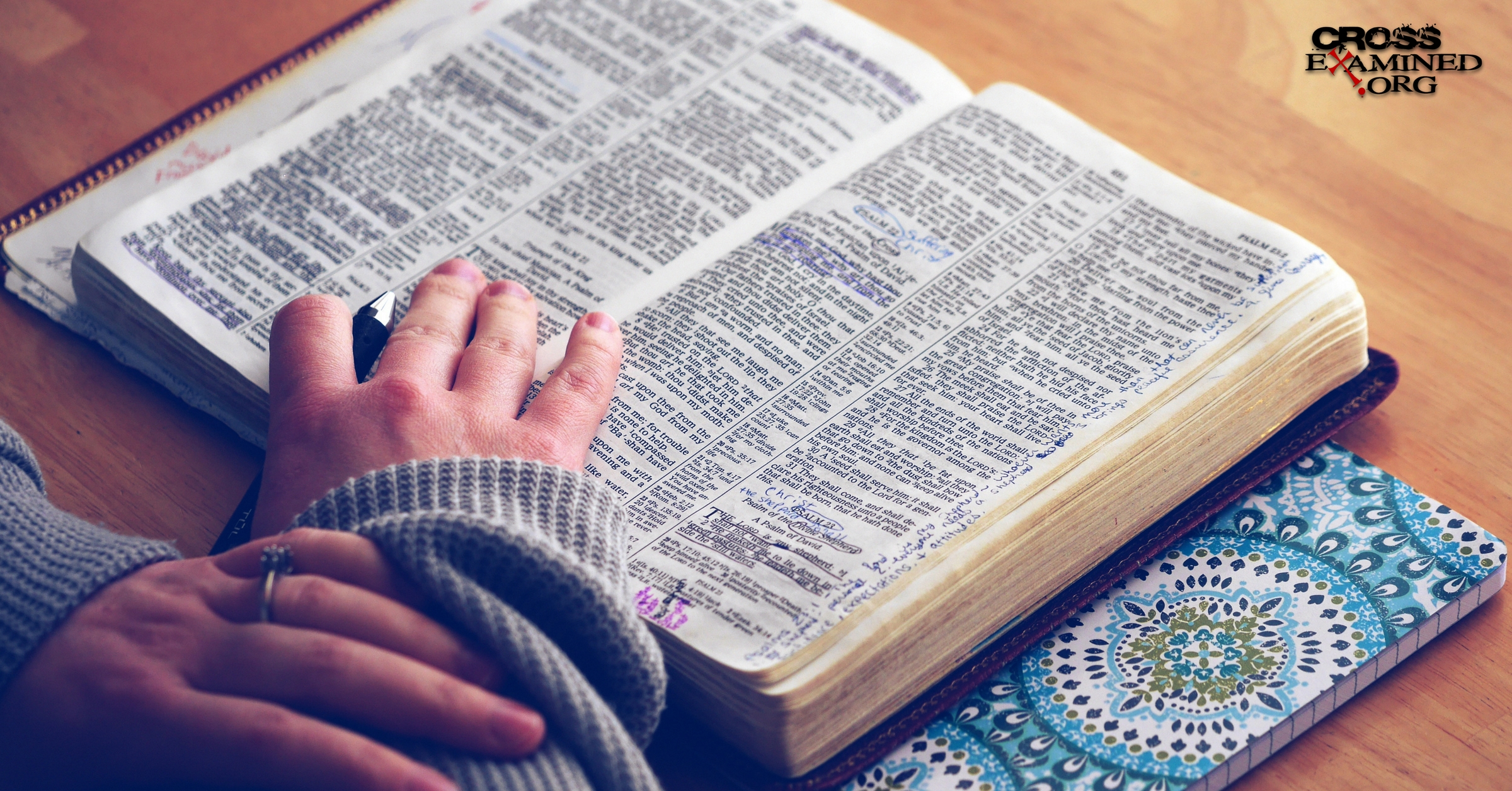

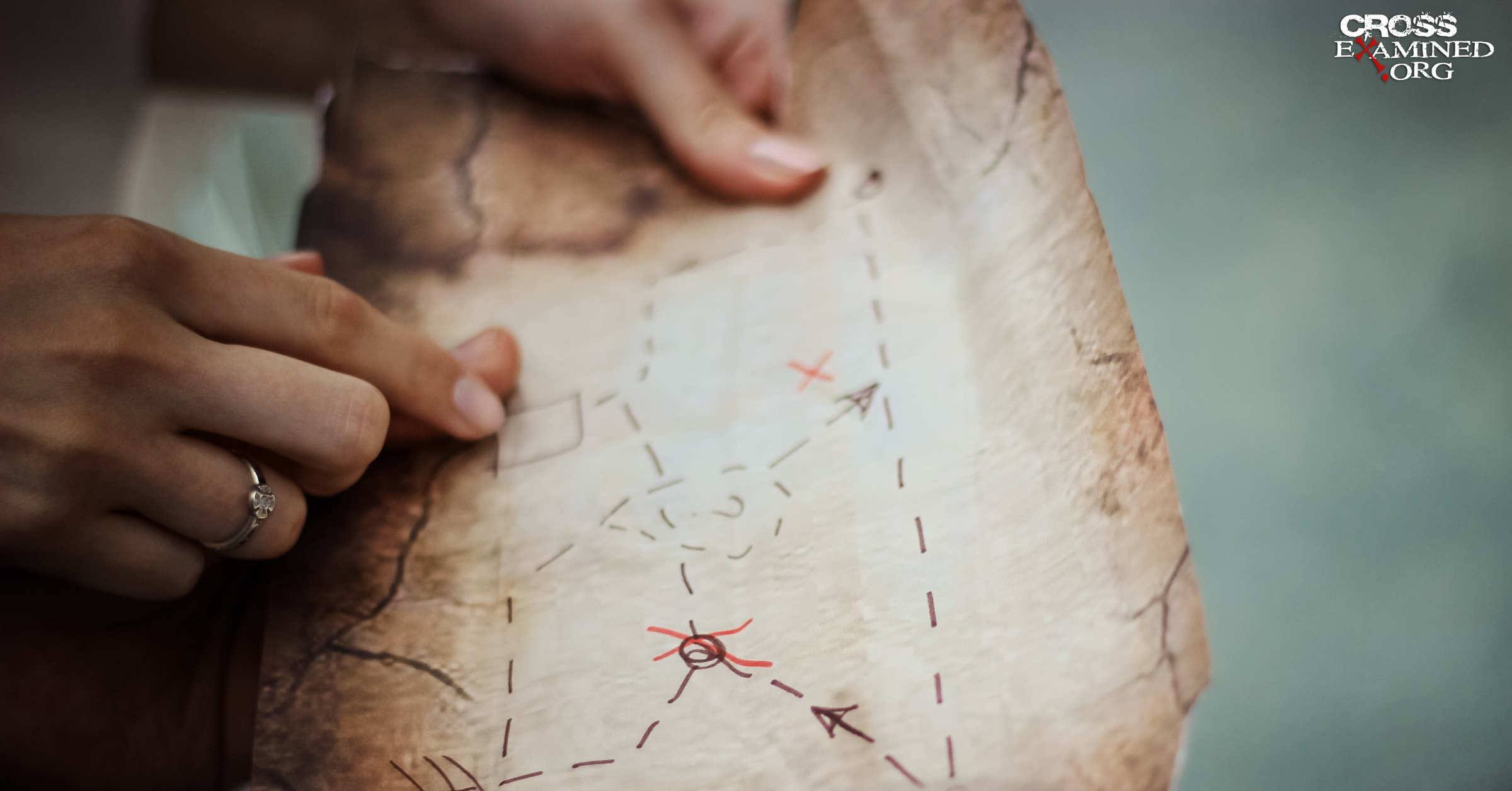

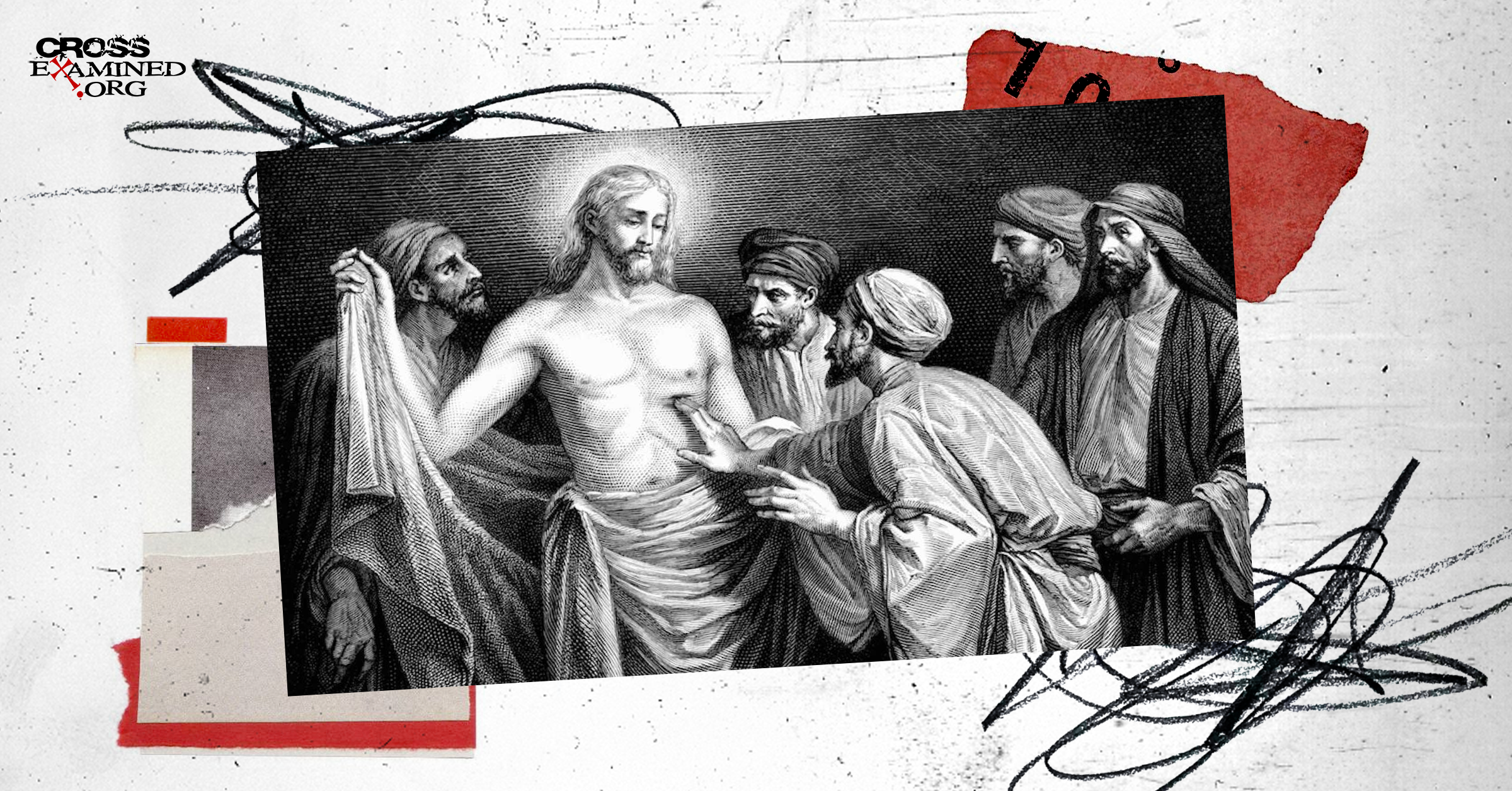
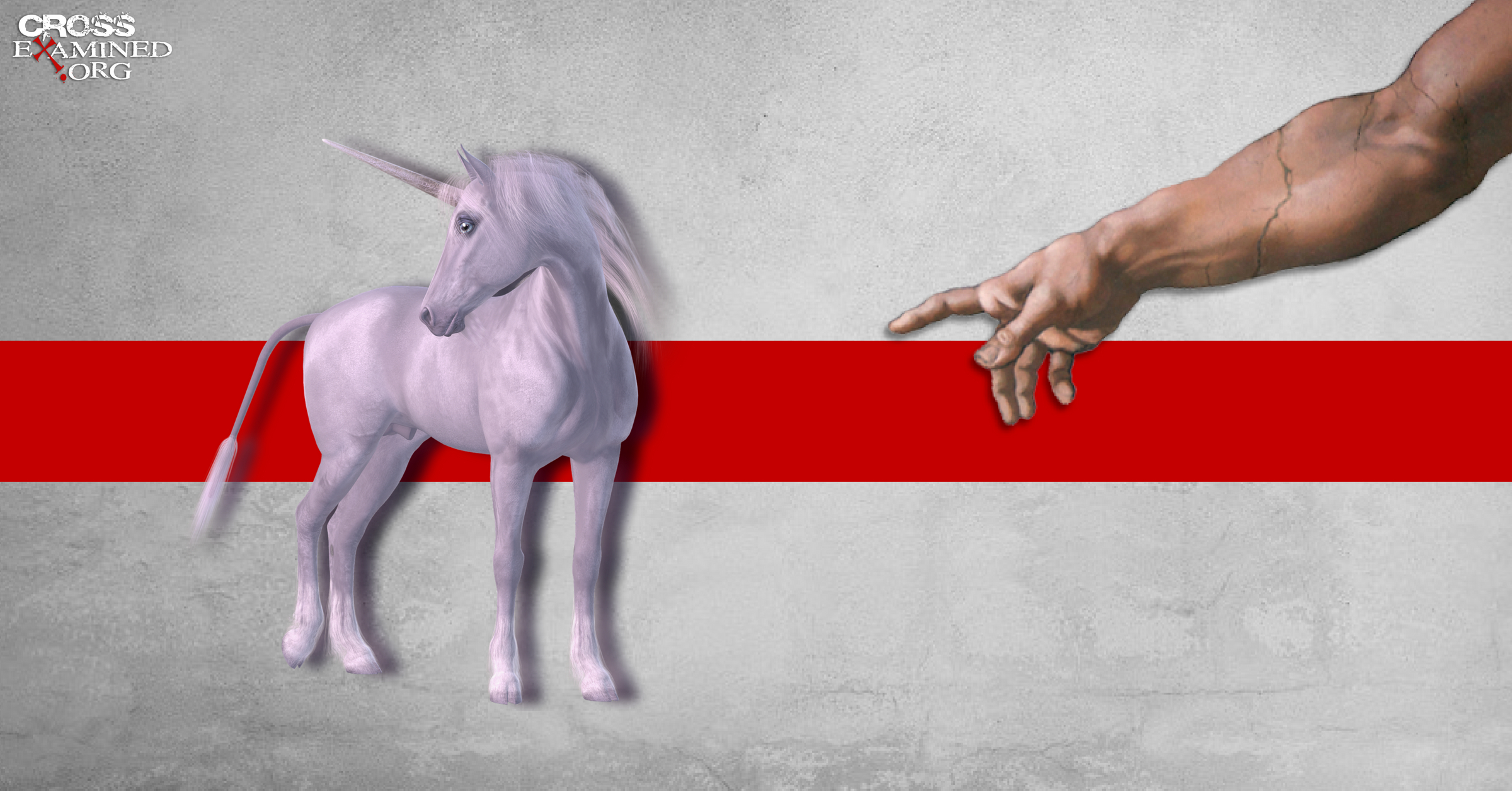

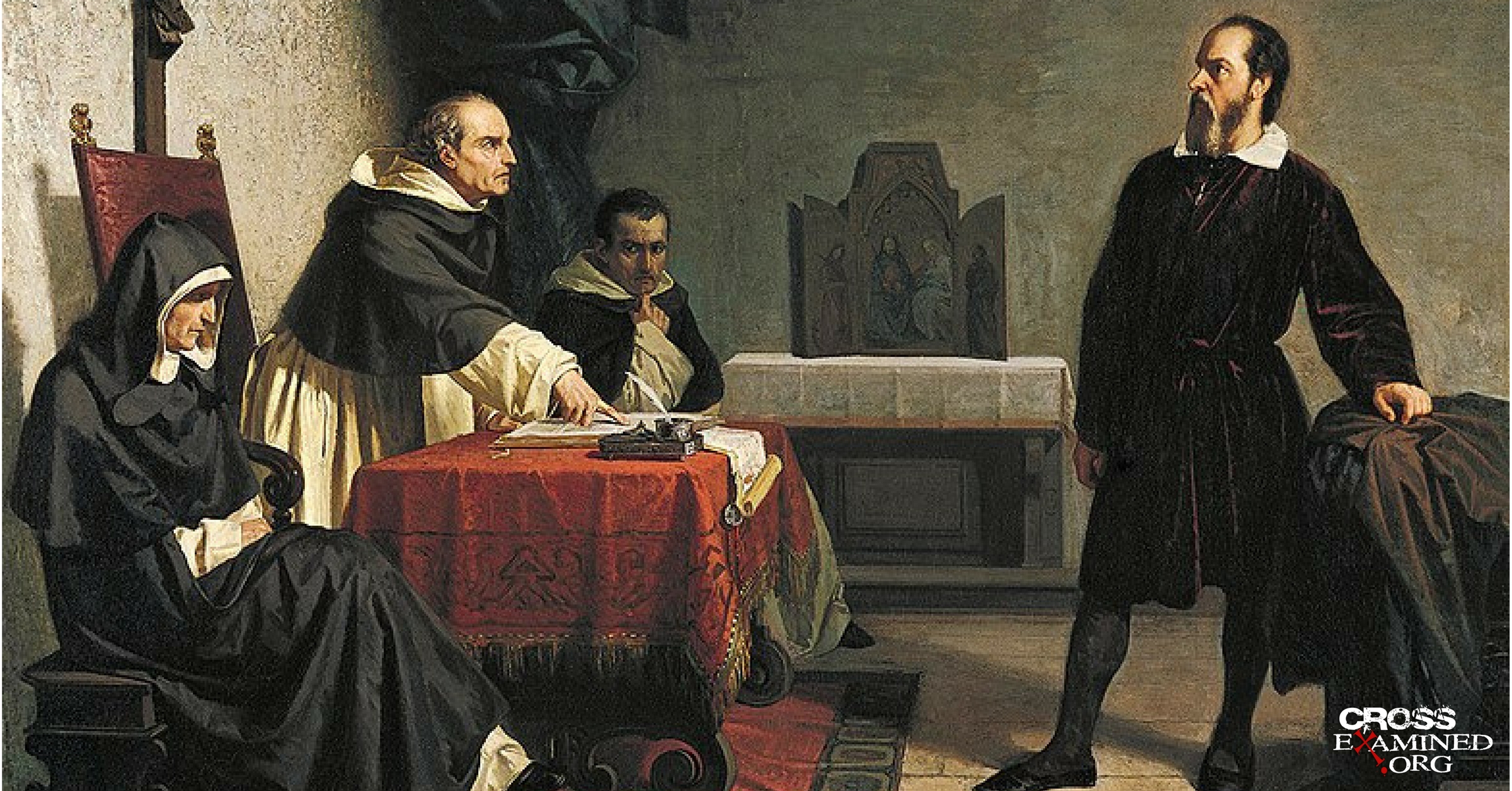
Leave a Reply
Want to join the discussion?Feel free to contribute!